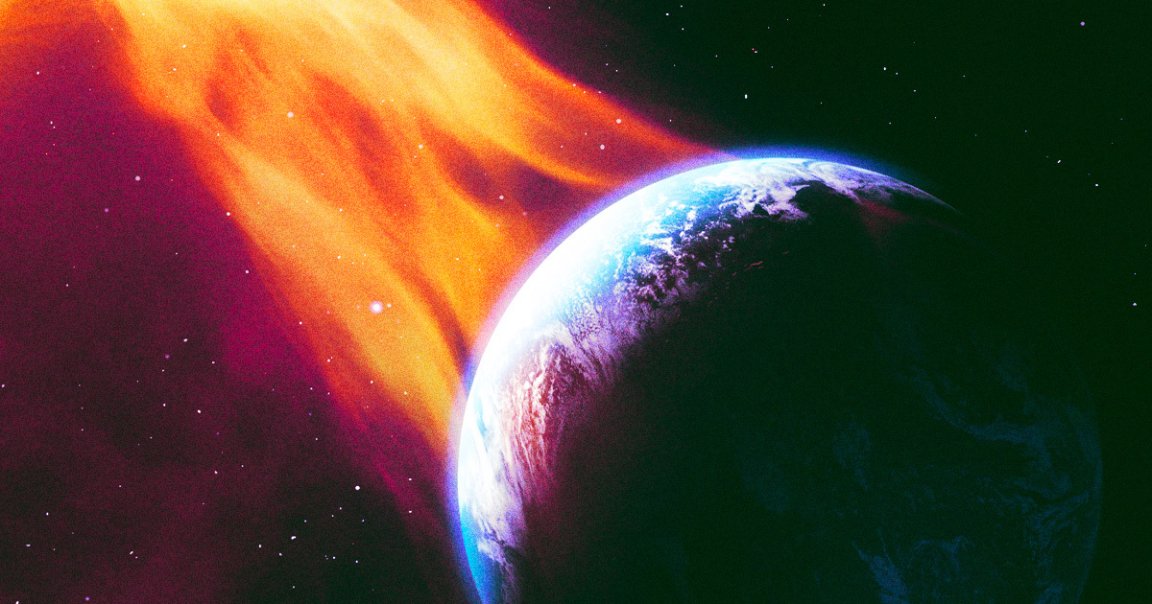
AI Assessment
Scientists enlisted the help of an AI to estimate how long it would take until global warming gets really bad. The AI’s assessment? We might be screwed.
The resulting study, published this week in the journal Proceedings of the National Academy of Sciences, suggests that global temperatures could reach the threshold of 1.5 degrees Celsius in just a decade. Exceed that, and scientists warn of increased drought, widescale die-offs of wildlife species and ecosystems, and famines, to name just a few drastic ramifications.
The legally binding Paris Agreement aims to not exceed this threshold by reducing greenhouse gas emissions, and so far, we’re already sitting at 1.1 to 1.2 degrees of warming.
The Paris Agreement maintains that, in the worst case scenario, the nations of the world ought to keep warming well below 2 degrees Celsius. But the AI found we have a “substantial probability” of crossing even that threshold, at which scientists believe the effects of climate change will be irreversible and far more catastrophic, by 2050.
Moved-Up Timeline
To produce these portentous predictions, the scientists trained a machine learning system on climate model outputs. During its training and testing, it was able to independently and accurately predict the timing of global warming temperatures in the past while only using maps of historical annual temperatures, according to the scientists.
Even in the best-case scenario, the scientists found, the 1.5 degree threshold would be reached between 2033 to 2035, which isn’t a lot of time.
As CNN notes, this projected timeline is largely in line with the predictions of other significant reports. But the AI study has a far grimmer idea of when the 2 degree threshold will be reached, estimating close to an 80 percent chance that the world will hit that mark by 2065 — and that’s assuming we maintain net zero carbon emissions. Noah Diffenbaugh, co-author of the study and a climate scientist at Stanford University, told CNN that there’s a 50 percent chance that 2 degrees will be reached even sooner — by 2050, if emissions stay high.
“[There is] is clear evidence that a half degree of global warming poses substantial risks for people and ecosystems,” he added. “Hence, the greater the global warming, the greater the challenges for adaptation.”
More on climate change: Stanford Scientists Warn That Civilization as We Know It Will End in “Next Few Decades”